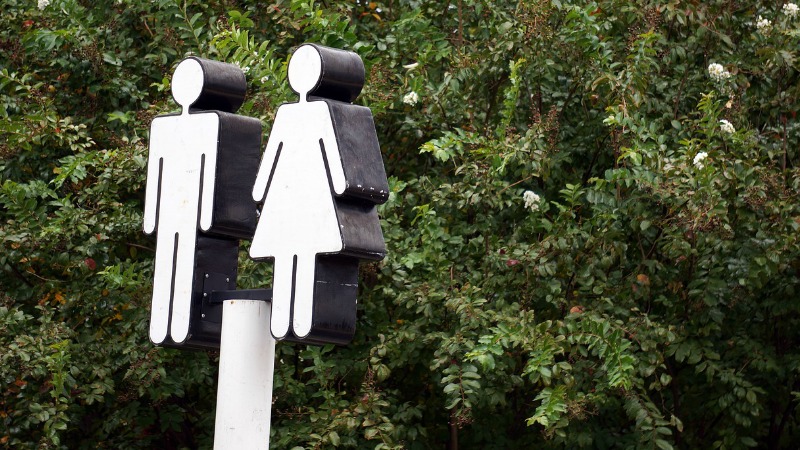Hillary Rodham Clinton assured us fifteen years ago that she is no Tammy Wynette. Nonetheless, her presidential campaign strategy reveals that she and the late country music diva agree on at least one thing: “Sometimes it’s hard to be a woman.”
Today’s New York Times looks at perhaps the most interesting aspect of New York Sen. Hillary Clinton’s race for the 2008 Democratic presidential nomination: American culture’s conflicted views on sex roles. Sen. Clinton is not the first woman to run for President (Democratic Rep. Shirley Chisholm in 1972, Republican Elizabeth Dole in 2000, and Democratic ex-Ambassador and ex-Senator Carol Mosley Braun in 2004), but she’s the first female candidate with a conceivable chance of actually making it to the Oval Office.
The Times examines today not just Sen. Clinton’s political profile and prospects, but how being a woman affects this campaign. It’s a balancing act, the newspaper reports, between the feminism of Hillary Rodham, popular with activist groups within the Party, and the feminine familiarity of Mrs. Clinton, non-threatening to men and women who may be more uncomfortable than they think with some aspects of the feminist revolution. Sen. Clinton seeks to measure out this, the Times notes, by reverting back and forth from quoting Sojourner Truth on the one hand to telling warm anecdotes about “my husband Bill” and his heart surgery, love for Dunkin’ Donuts, and so forth. She takes a softer tone with “Let the conversation begin” and yet a more decisive tone with “I’m in it to win it.” She wants to be seen as an assertive leader (thus, she won’t apologize for her Iraq war resolution vote), but not too assertive.
What’s interesting about all of this is the unique challenges of a female candidate for President really shouldn’t exist, given the rapid waves of feminist “revolution” the country has experienced. And the avoidance of an appearance of too strident a feminism, or too radically altered a gender role, isn’t for the sake of Christian patriarchalists in Alabama or Idaho. They don’t vote in Democratic presidential primaries anymore.
The “balance” is for the sake of mainstream secular progressive American culture. The Times quotes comedian Jon Stewart, for instance, on the reaction of men to Sen. Clinton’s “Let’s Chat” call for “conversation.” Stewart says, “I think the typical response would be, ‘Now?'” Stewart goes on to say that the Clinton Iraq strategy is, “America, let’s just pull over for directions.”
This will be interesting to watch, regardless of where one stands on the question of whether a(another) Clinton presidency would be good for the country. Maybe Sen. Clinton’s balancing act here is a result of shopworn American bigotry, something that will pass away once Americans are accustomed to seeing a woman in not just one but two seats up front at the annual State of the Union address. Perhaps this is just the newness of it all.
Or maybe Sen. Clinton’s careful posturing reveals a more fundamental ambiguity in American thought and culture. Maybe Americans wish to be as feminist as they want to be, wanting to move toward equality but fearing what it means if it turns out that “gender” is socially-constructed after all.
If anyone can pull this off, convincing the American people of a triangulated “third way” of feminism without fear, Sen. Clinton can. And if anyone can help her, it is her husband, the former President of the United States, even as the country wonders what it will be like to have a First Gentleman, much less one who used to be the Commander-in-Chief himself. Male candidates have for years relied on the energetic campaigning of their wives. Will Sen. Clinton be able to rely on her charismatic husband in the same way, without losing the “You Go Girl” quality of her history-making feminist appeal?
The answer will reveal even more about what the Clinton pollsters see as the American public’s “progress” on gender roles. Maybe the senator, like Vice President Al Gore before her, will seek to be “her own person,” shaping an identity outside the shadow of her more famous spouse. Or, perhaps she’ll learn yet another lesson from Tammy Wynette, “If you love, oh, be proud of him, ’cause after all he’s just a man.”






